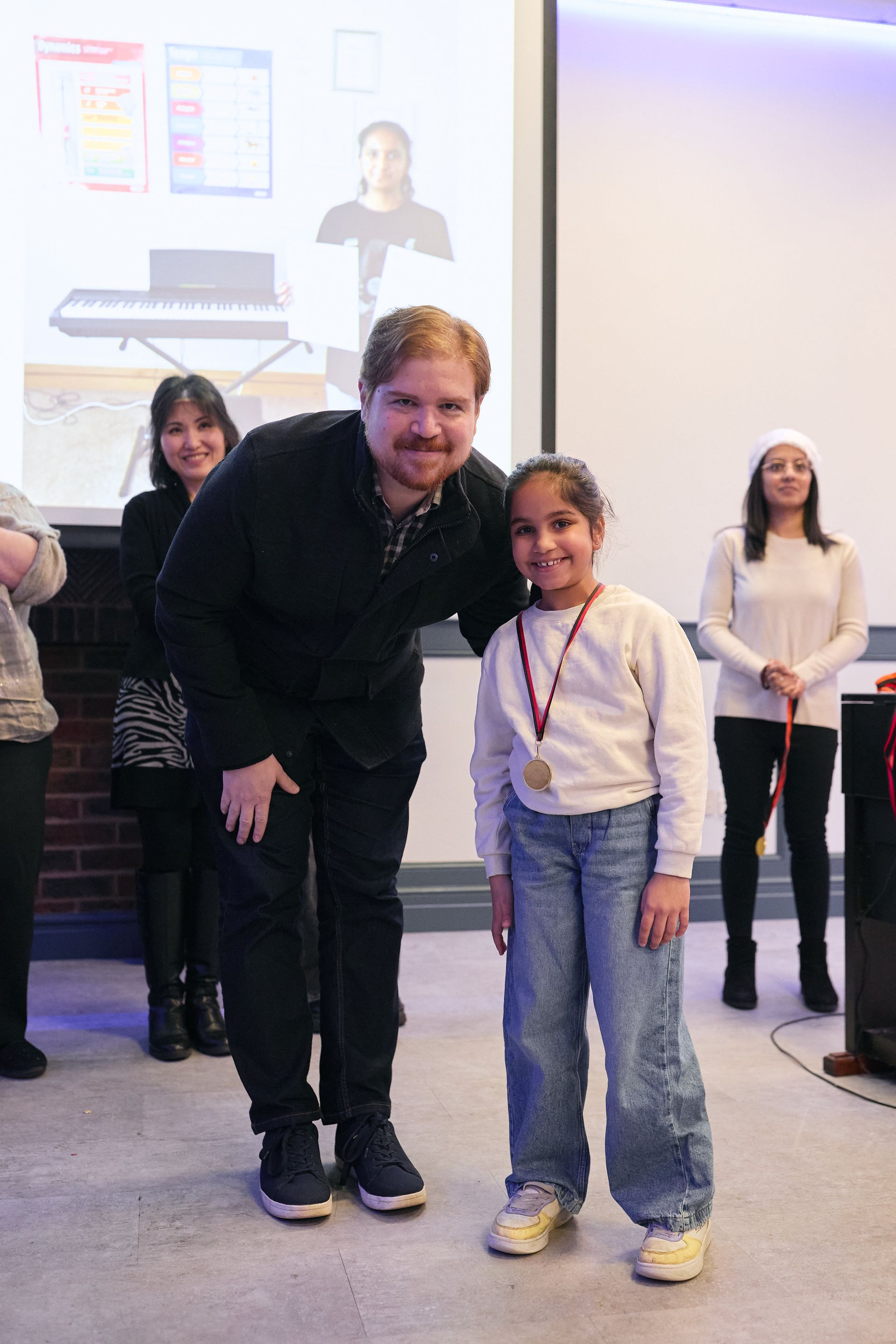THE COGNITIVE IMPROVEMENTS FROM MUSICAL ACTIVITIES
When taking up a musical instrument it can either help facilitate the introduction or continuation of a particular skill like motor function, mental health and self-esteem.
There are a numerous amount of exercises and hobbies known to promote healthy brain usage. Whilst some activities have various constraints such as age restrictions or a lack of geographical or economical access, music is something that many can learn conveniently. In the modern society we live in today, the piano can be learnt formally, as a casual exploration or form of expression. We also have a variety ways of learning music, such as:
- One-to-One Classes
- Group Classes
- Online Lessons
- Online Video Courses
If you are a beginner feel free to check out our course: https://www.udemy.com/course/piano-for-absolute-beginners/
If you are looking to refresh your music theory knowledge or sit an exam, feel free to check out our other course: https://www.udemy.com/course/prepare-for-abrsm-grade-one-and-two-music-theory/
According to research, as early as the 18 th century, when we learn the piano there are a number of cognitive benefits can also be strengthened over time. It was clear that playing the piano required a level of dexterity which provided musicians with an increased reaction time as well as hand-eye coordination.
Studies show that it’s explored that the brain’s control over actions given to the limbs and fingers are incredibly responsive in piano players. For young and middle-aged learners, these attributes can assist in delaying joint-related injuries and pains, as well as deteriorating muscle density and responsiveness.
Through learning music students also release a hormone known as dopamine, also known as the ‘feel good chemical’ in the brain. It has therefore been shown that music can help reduce and manage our stress levels more efficiently.
This concludes how this instrument provides an enhanced longevity for both the brain and body.
There’s no better time that the present to experience what it’s like to play the piano or to pick up where you left off! Feel free to ask us any questions you may have, we are more than happy to help.
For more tips and tricks follow us on Instagram: @keysoundsuk or Facebook: www.facebook.com/keysoundsuk
The post THE COGNITIVE IMPROVEMENTS FROM MUSICAL ACTIVITIES appeared first on Key Sounds UK.






